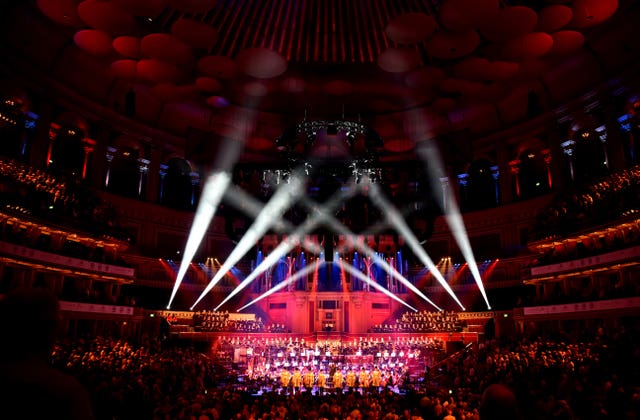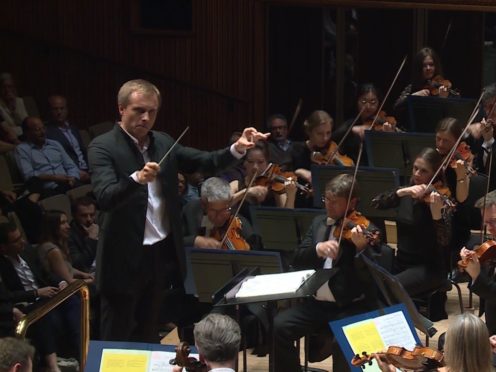One in two people said they hope to return to the concert hall before the spring, according to a survey from the Royal Philharmonic Orchestra (RPO).
But 48% felt it would be at least six months to a year before they would feel comfortable going to a concert again.
Only 10% of those aged over 55 – a key demographic for orchestral music – said they would feel comfortable being back in an audience immediately, while 29% felt the wait would likely be up to 12 months.

Figures from the RPO’s report, titled “Focusing on what can be done – in a year when it mattered most”, indicate the beneficial role orchestral music played during lockdown in 2020 and suggest mixed feelings among audiences about returning to the concert hall.
The research was conducted by Maru Blue over a nine-month period – before the pandemic, during the first lockdown, in the summer and then in November.
Some 59% of respondents said they looked for ways to fulfil their interest in the performing arts during lockdown, from watching programmes to reading more.
And seven in 10 (71%) of those who listened to orchestral music during that time cited “tangible and lasting positive impacts” on their mood and wellbeing.
One in six people (16%) said they intended to continue exploring the music they discovered.

James Williams, managing director of the RPO, told the PA news agency: “The biggest surprise for me during lockdown was the number of people who identified orchestral music helping them with their mental health and as a really positive force for keeping them calm and giving them enrichment at a time when there was stress and madness going on.
“For me, that was a very reassuring stat in many ways, that many people were engaging with it on a much deeper level than just as something nice to listen to.”
The rollout of coronavirus vaccinations had an impact on audience confidence, the survey suggests.
Some 83% of people said news of the vaccine made them more comfortable considering a range of social activities for 2021.
But only 29% said they would now feel comfortable going to concerts again, with 31% assured they could return to theatres and 21% putting musical festivals back on the agenda for 2021.
People were also more likely to feel comfortable returning to concerts in 2021 than they were sports matches (24%).
Mr Williams, who has been MD of the orchestra since 2016, said the pandemic had offered some benefits to the classical music world, mostly through online listening.
“2020 provided us with the opportunity to see how music and particularly orchestral music has helped people cope with Covid and lockdown,” he told PA.
“As we all know, the cultural sector has been decimated as a result of Covid. But it has equally had real opportunities, particularly through the digital medium, to reach whole new audiences who perhaps have never had the time or indeed the opportunity to engage with culture.”
The RPO regularly performs at the BBC Proms and celebrates its 75th anniversary this year.
